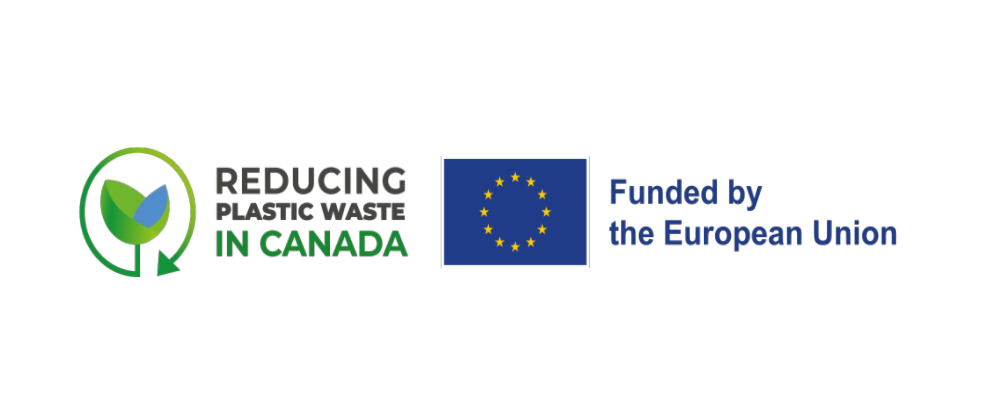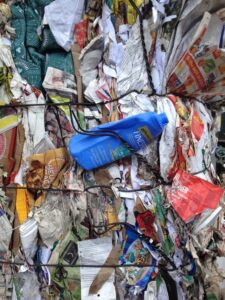Story 8: Spain’s Reuse Targets that Prioritize Social Enterprises
Spain was the first European country to set separate reuse targets for multiple categories of products as part of its national Waste Management Plan. Reuse targets are a percentage of waste collected within each category that must be directed to reuse or repair for resale.
Spain’s plan includes annual percentages of waste categories to be redirected from landfill and recycling and destined for reuse: at least two per cent of furniture, textiles and electrical items must be redirected from landfill and recycling to be sent instead for repair and resale. Based on Eurostat data, RREUSE has estimated that implementation of this plan will results in more than 200,000 tonnes of goods will now be available for second-hand sale or free to reuse rather than being recycled or sent to landfill. As well, social enterprises dealing in the processing and resale of second-hand goods will be granted preferential access to waste collection points to source goods for resale.
In addition, Spain has drafted a national decree that outlines other reuse initiatives: beverage reuse quotas in the hospitality sector (HORECA) for water, beer, juices and soft drinks and a general beverage packaging reuse target for domestic consumption at home. The specific targets are still under development.
The Spanish Waste Law also lends support to programs and products that promote reuse in a variety of contexts including reducing waste through the sale of bulk products, and the sale and use of reusable containers or devices. For example, public spaces and buildings will have to make tap water more accessible, restaurants and hotels must offer tap water free of charge, and all food retailers must accept filling reusable containers upon request from a customer. By January 2023, grocery stores with a floor space of at least 400 square meters must allocate at least 20% of their area of sales to the offer of products presented without primary packaging, including sale in bulk or through reusable packaging.
In addition, a tax for single-use plastic product or package is to be implemented. The single use tax is outlined in Law 7/2022, which has a very broad scope, and is applicable to primary, secondary and tertiary packaging. The intention is to drive design changes to reusable or recyclable plastic packaging upstream, and at the point of sale. This compliments the Spanish Ministry of Ecological Transition’s initiative to prohibit the sale of fruits and vegetables in plastic by 2023.
URLs
https://rreuse.org/spain-first-country-to-set-target-to-stop-reusable-goods-ending-up-in-landfill/
https://resource.co/article/spain-becomes-first-eu-country-set-target-reuse-11038
The European Union (EU) project on Reducing Plastic Waste in Canada




